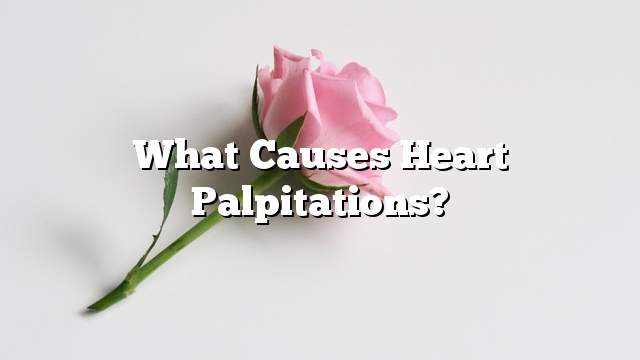Heart palpitations
The heart is one of the important organs in the human body as it is responsible for pumping blood to the body. It also provides the body with the oxygen necessary for its work. The heart may suffer several diseases or complications or symptoms resulting from certain diseases, including heart palpitations, Heart, and heart palpitations vary from person to person, so in this article we will talk about the causes of heart palpitations and symptoms.
Causes of heart palpitations
- Drink medicines that cause persistent heart palpitations such as thyroid medication, fever pills, and congestion removers.
- Excessive physical exertion or excess body energy.
- Smoking and Drug Abuse.
- Passion of the person in a state of anxiety or panic or disorder or one of the cases that have a strong reaction to the body.
- Drink alcohol, or drink high-protein or caffeine-rich beverages.
- Many diseases that cause persistent heart palpitations such as fever, anemia, low blood sugar, dehydration, low blood pressure, high blood pressure, heart failure, arteriosclerosis or obstruction.
- Hormonal changes occur within the body during pregnancy or menstrual cycle.
- A defect in an electrical network in the heart, or an atrophy or congenital malformations of the heart muscle.
- Increased thyroid secretion.
Symptoms of heart palpitations
- Secretion of a large amount of sweat, increased abdominal gases and feeling of dusk.
- Narrow and difficult to breathe, and not feeling comfortable.
- Irregular heartbeat, sometimes causing contraction of the heart muscle.
- Nausea, vomiting, dizziness, and sometimes fainting.
- Chest pain in addition to feeling death and suffocation.
- Feeling fast and irregular heartbeat.
Treatment of heart palpitations
- Some situations just need to get away from anxiety, tension, stress, and relaxation.
- Some cases require medication at the order of the doctor, because the palpitations are due to illness.
- Stay away from smoking and drugs.
- Reduce caffeine intake, and do not over-eat high-fat foods.
- Sleep for an adequate number of hours a day; that is, between six and eight hours.
- Do not use medicines unless you consult your doctor.
- Follow a healthy diet by eating plenty of fruits, vegetables and grains.
